The Annual Southeast Asia Forum on Sustainable Capture Fisheries was held in Nusa Dua from 22-23rd June. The conference was attended by industry leaders and the focus of the meeting is to discuss trends that influence the global demand for fish. This year’s conference also had a strong focus on what can be done to improve working conditions and the human rights of workers within the industry in light of evidence of human rights violations in the sector.
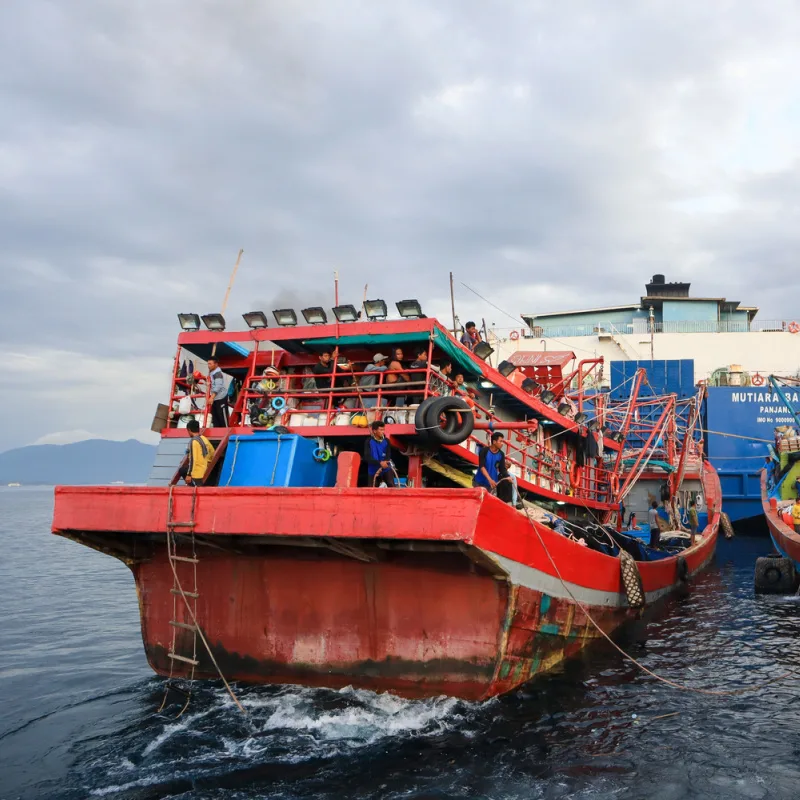
Speaking to the press Senior Advisor Dina Prapta Raharja said ‘There is a world market trend, where consumer demand emphasizes sustainable fishing processes and protection of human rights for workers. Product standards according to global market demand need attention from fish-producing countries such as Indonesia’.
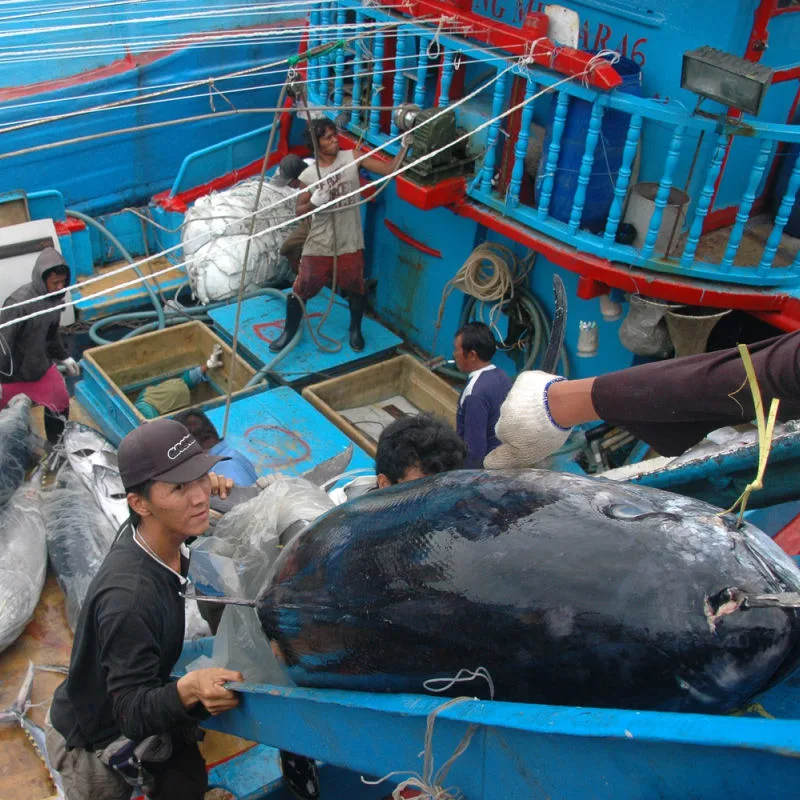
In light of this the Southeast Asia Forum on Sustainable Capture Fisheries feels it is important for all stakeholders in the industry to be included in discussions, this includes business leaders, representatives of the consumers, the government, and workers. The conference is said to have been a success as all parties were able to present their successes and set targets for the year ahead.
The ASEAN region is a trade block made up of 11 nations; Brunei, Myanmar, Cambodia, Timor-Leste, Indonesia, Laos, Malaysia, the Philippines, Singapore, Thailand, and Vietnam. Together the ASEAN trade block is responsible for over a quarter of the world’s fish supplies. Countries that import fish from ASEAN including Germany, the Netherlands, and the European Union all have strict standards that must be maintained, these include sustainability practices and worker’s rights.
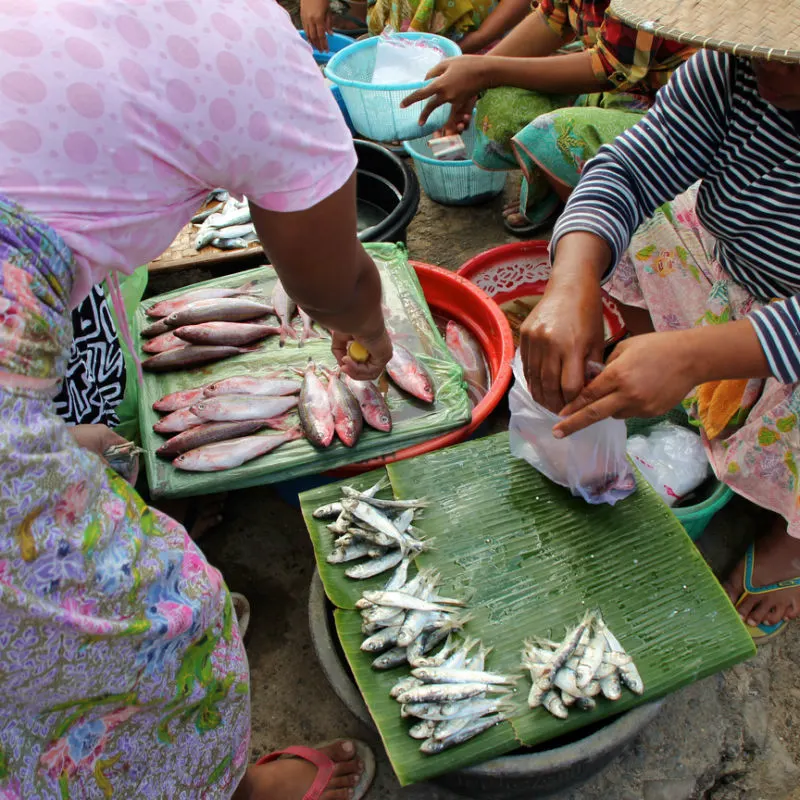
Speaking at the conference the Deputy Minister for the Coordination of Maritime Sovereignty and Energy, Basilio Dias Araujo, spoke of how labor exploitation is rife in the Indonesian fishing industry. He was frank in his review of the sector and stated clearly how smuggling, modern slavery, and child labor are issues that must be addressed urgently.
He called upon private fishing companies, the academic sector, the government, and the everyday consumer to work together to ensure that these illegal practices are eliminated from the sector as soon as possible. He cited the multiplier effect where the illegal fishing practices have an increasingly negative impact throughout the supply chain, this, in turn, harms all economies involved.
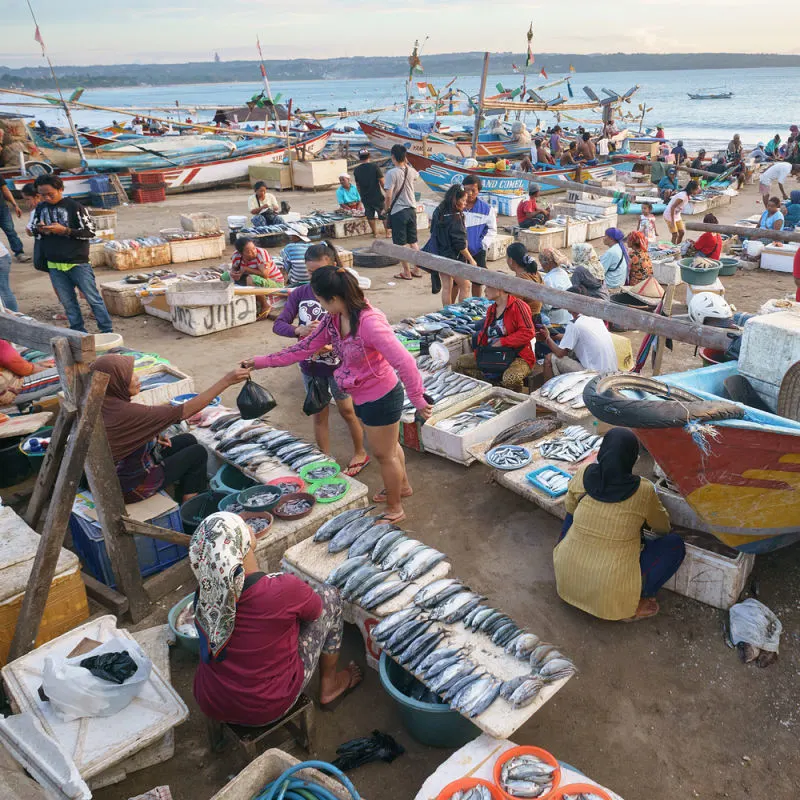
Araujo said ‘Illegal fishing is not only economically detrimental but has a multiplier effect. The issue of workers’ human rights needs to be raised because there are still labor problems on ships, such as modern slavery’.
The CEO of Indonesia Ocean Justice Initiative Dr. Mas Achmad Santosa responded that moving forward there are two key areas of focus when it comes to tackling illegal, unreported, and unregulated fishing. This includes joint patrols and boat checks across ASEAN waters to prevent human rights violations and increase human resources to ensure that existing policies are implemented without fail.
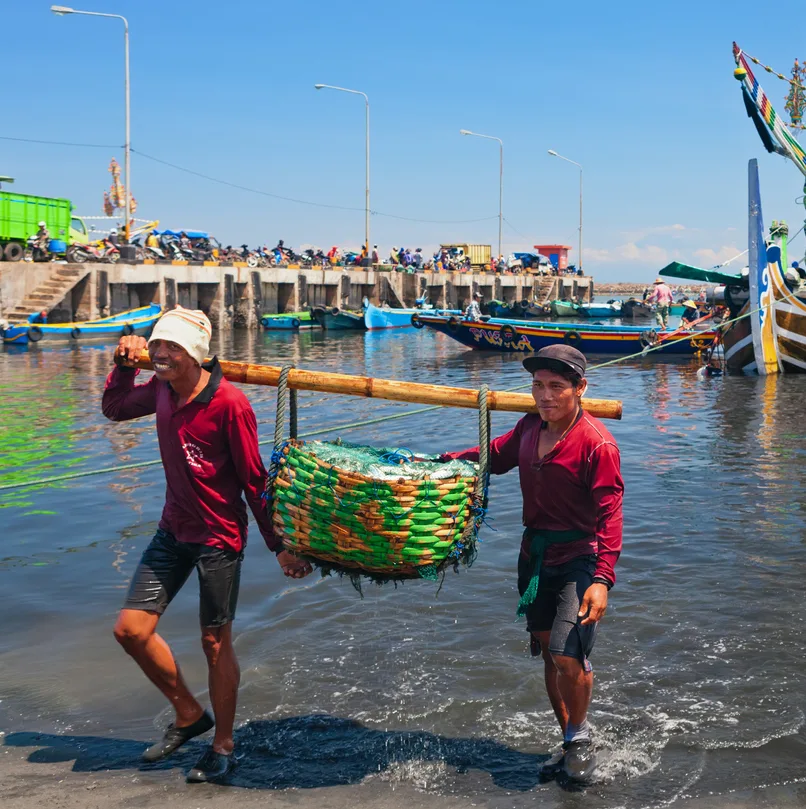
Although the majority of fish caught off the coast of Bali, and Indonesia more broadly, is exported, people in Bali can directly support the ethical fishing industry by buying fish from small-scale local fishermen at local markets and harbors. Human rights violations and unsustainable practices have largely been identified in the mass fisheries further offshore.
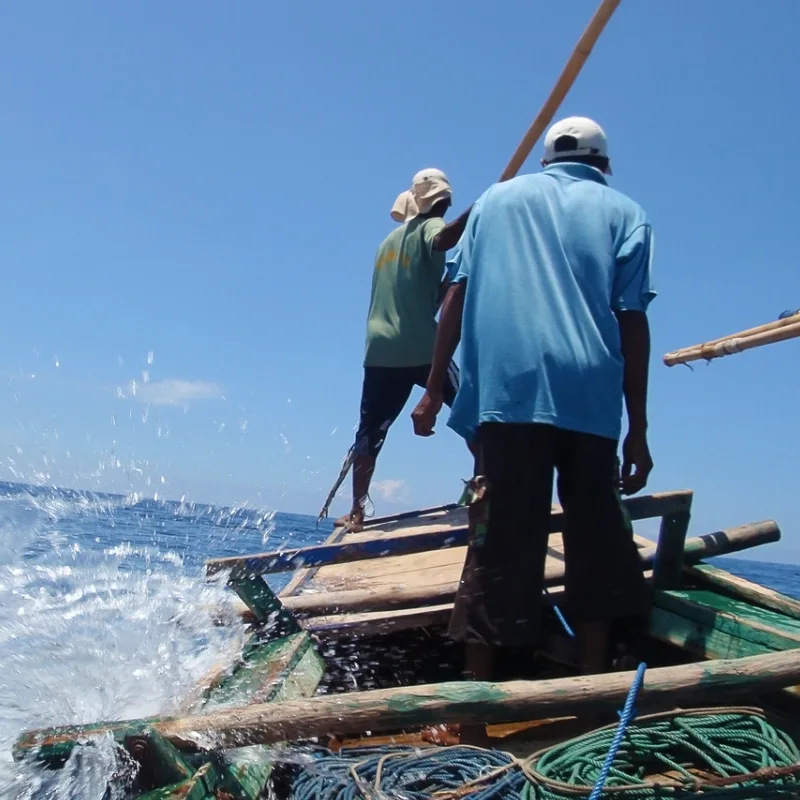
Many fishermen in Bali returned to operating on a subsistence basis during the pandemic after tourism income was slashed. Many families worked on bartering systems within their communities to help conserve their financial reserves.
This included homegrown vegetables and grains, as well as fish, caught close to shore. Indonesia is the world’s second-largest fish producer and although tourism makes up a huge amount of Bali’s economy, agriculture and fishing provide a significant amount of income for the island.
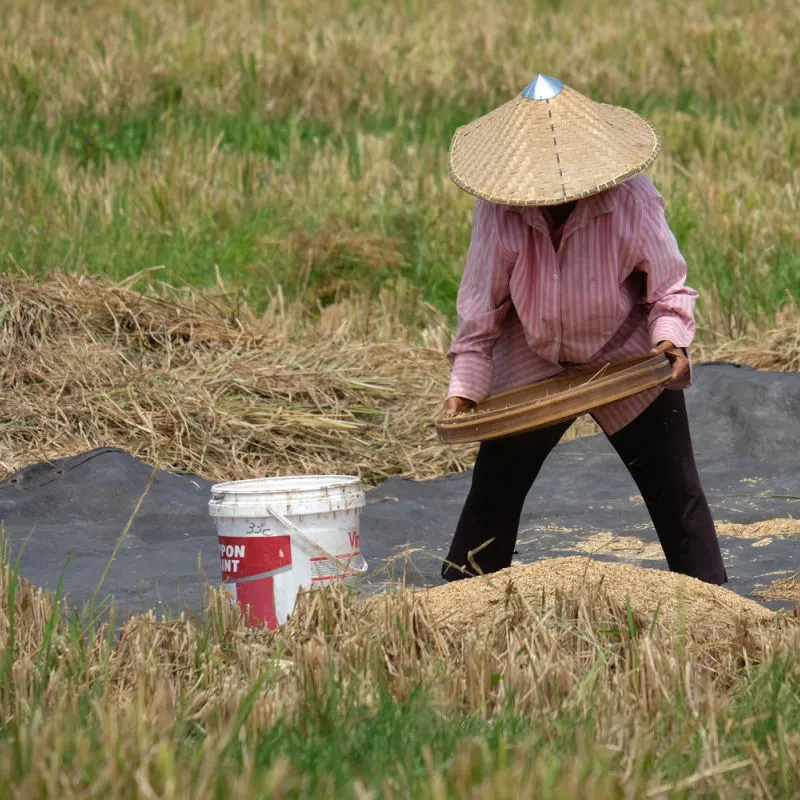
Sustainable fishing is certainly a topic for discussion at the upcoming G20 Summit that will be hosted by Bali in November. Key priority areas are global health architecture, digital transformation, and sustainable energy transition.
In light of the rising cost of living and potential global food shortages, discussions around the future of sustainable fishing for the health of people and the planet is an important conversation to be continued.
Remove All Ads & Unlock All Articles… Sign up for The Bali Sun Premium

Plan Your Bali Holiday:
Book The Best English Speaking Drivers For Airport Transfers & Tours
Choose From Thousands of Bali Hotels, Resorts, and Hostels with Free Cancellation On Most Properties
Book Cheap Flights To Bali
Don’t Forget Travel Insurance That Covers Medical Expenses In Bali
For the latest Bali News & Debate Join our Facebook Community
SUBSCRIBE TO NEW POSTS
Enter your email address to subscribe to The Bali Sun’s latest breaking news, straight to your inbox.

Wayan Bo
Saturday 25th of June 2022
Comment about Germany seems to be a joke or fake news, because never saw fish from ASEAN in their supermarket‘s, except some tuna fish in canes imported from Thailand. Especially in Germany many foreign workers can be described as victims of legal slavery. Without modern slavery German industry couldn’t exist after WWII. Perhaps therefore is relatively new German government starting to work with full power on deindustrialisation of Germany by implementing self sanctions on imports from Russia . Greatest joke is excuse for delays by car orders, such that German car industry didn’t get enough cheap Chinese electronics to graft it into their by far overpriced cars. Anyway nearly nobody is willing to buy overpriced car’s running on overpriced gasoline {1 liter in Austria for example far above € 2.50}. The current announcement from industry and finance department is that recession is more than very possible. Don’t forget also current six digits daily Covid cases. Greetings from EU